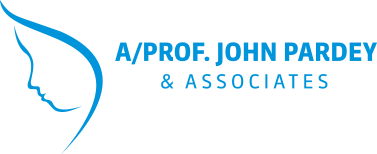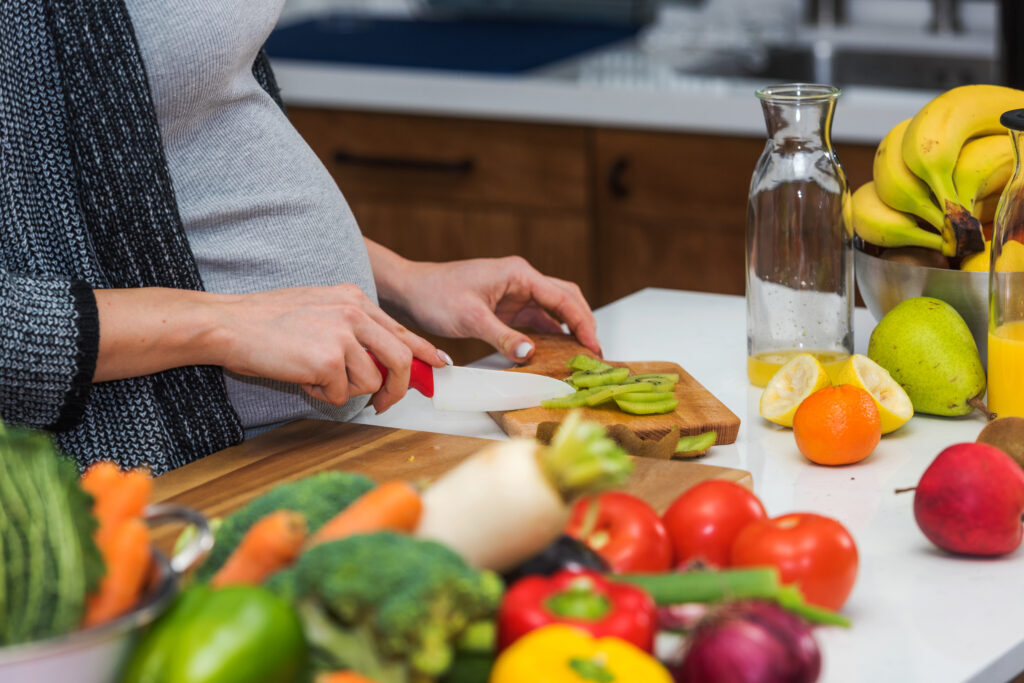One of the most common questions asked is what can you do to keep your baby healthy. Most of it involves such things as avoidance of alcohol and cigarettes and appropriate diet. It is very important that you avoid alcohol and smoking as these can significantly impair pregnancy outcomes.
Aspirin should be avoided except in special circumstances and then only used in very low dose after discussion with your Obstetrician. Paracetamol is safe in pregnancy.
It is important to keep your levels of calcium and other minerals up. Milk and cheese are the main sources of calcium, or calcium tablets may be taken if dairy products aren’t tolerated. Certain foods, including soft cheese (camembert, brie, ricotta and cream cheese), pate, coleslaw,
diced chicken from sandwich bars, chilled chicken and seafood, rockmelon and pre-cut fruit, and any food that has been refrigerated for a length of time may contain bacteria called Listeria. Infection with Listeria is exceptionally rare, but the complications are very serious. Avoid these foods during pregnancy. If you really want to eat them then they are safe if cooked to over 74 °C for over 10 minutes just before eating.
It is also important that you peel or wash raw fruit and vegetables thoroughly to remove contaminating soil, and wash hands after gardening, handling animals, or disposing of cat litter. Folic Acid (Folate) supplementation from 3 months before conception till 3 months after conception
can reduce the rate of spina bifida amongst other abnormalities in the child.
Most other routine supplementations are not necessary. If your iron stores are low you will feel less tired if you take iron. Iodine may be useful in some women but using iodised salt to cook and eat is usually adequate. If your diet is balanced appropriately there is yet to be good evidence of improved outcome with multivitamin supplementation. If you have had Bariatric surgery (Gastric sleeve / bypass etc then supplementation is advised. Similarly in a twin pregnancy).



